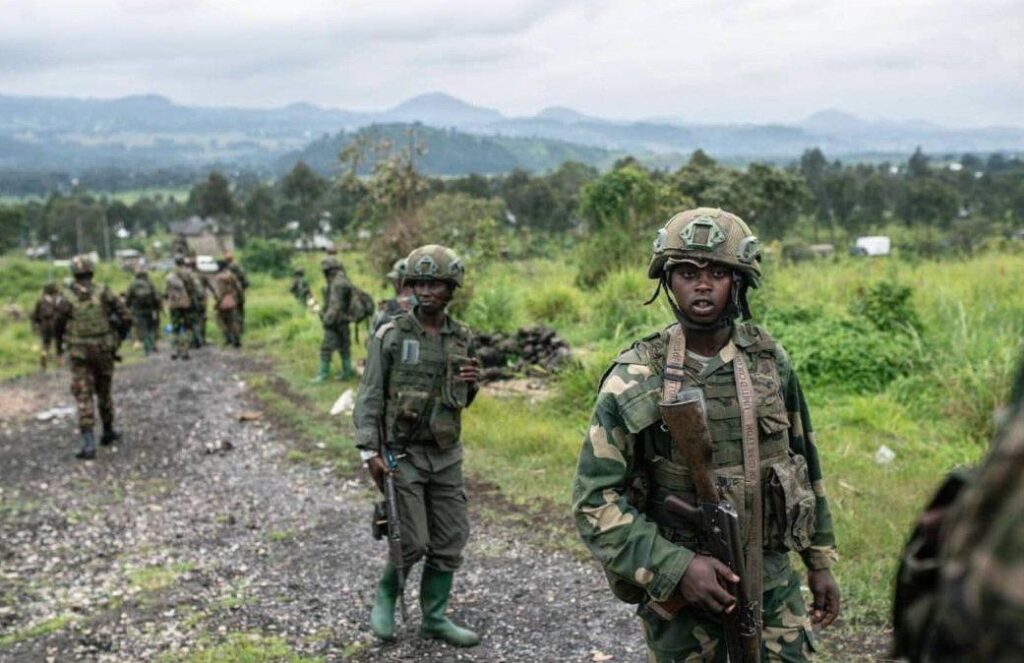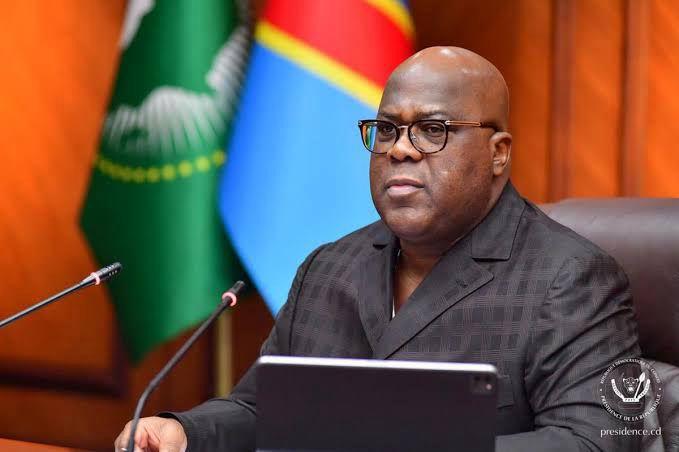Walikale (North Kivu) – Presented by Kinshasa as a major breakthrough to restore peace in eastern DRC, the agreement signed on June 27, 2025, in Washington between the DRC and Rwanda, under U.S. mediation, is still struggling to convince people in areas most affected by the conflict. In Walikale ; one of the most strategic and war-torn territories in North Kivu ;the population swings between cautious hope and growing fear.
Described as “historic” by its backers, the agreement calls for the withdrawal of Rwandan troops from Congolese territory, an end to hostilities, the disengagement and disarmament of non-state armed groups, and the promotion of regional economic integration. It also paves the way for a security and mining partnership between Kinshasa and Washington.
But in the streets of central Walikale, people are still waiting for real proof.
“I see this agreement as a step toward peace, but on the ground, nothing has changed,” says a resident of Nyalusukula, a popular neighborhood in the town.
Locals complain about the continued presence of AFC/M23 rebels in many parts of the territory. Their growing presence raises fears and feeds a mix of anger and resignation.
“They’re still here, in plain sight. They’re not moving. They’re even digging deeper. That’s not the behavior of people planning to leave,” says a merchant at Tshishiku roundabout.
In Walikale, hopes are weighed down by the failures of past peace deals ; from Lusaka to Addis Ababa – that often led nowhere. The trauma of a never-ending conflict fuels people’s doubts.
“As long as guns speak louder than agreements, peace will remain a dream,” says a local teacher.
Just a day before the agreement was signed ;on June 26 ; three villages in the Kisimba group (Buhimba, Ngambi, and Chanjikiro) were allegedly burned down by suspected AFC/M23 rebels. Over 800 families lost everything, according to Lavie Changwi, the administrative secretary of the group; A school was also destroyed.
“These families have nothing left. They wander through forests and host villages, without any help. How can we talk about peace or going back home when they have to start from zero?” he asks.
The displaced now live in extreme poverty, without access to food, healthcare, or farmland. Some have fled to the bush to escape the insecurity, making them even more vulnerable.
On Thursday, July 4 ; just a week after the agreement was signed ; new convoys of AFC/M23 were spotted in Kibati, in the Luberike group, Walikale. Several trucks carrying fighters and weapons were seen there, a fact confirmed by local security sources.
“We’re scared. We feel something is coming. If fighting starts here, it will be a disaster,” warns a local community leader, calling for a stronger presence of the Congolese army (FARDC).
A week earlier, notables from nearby Masisi had already raised concerns about rebel movements near Kasopo, at the border with Walikale. Some analysts believe these new deployments could signal upcoming attacks to expand rebel-held areas.
A recent UN expert report confirms the AFC/M23’s significant progress in South Kivu, highlighting the growing gap between international diplomacy and the military reality on the ground.
Still, some people hold on to a bit of hope. Rwanda’s involvement in the deal is seen by some as a sign that the region may finally be tired of a conflict that has dragged on for too long.
“If Rwanda agreed to sign, maybe it wants to get out of this endless war,” says a teacher.
Others point out that, unlike previous peace deals, this one involves a country often seen as the “mastermind” behind the eastern DRC crisis.
“If the one supporting the rebels is now saying yes to peace, maybe we can finally turn the page,” suggests a resident of central Walikale.
But for the people of Walikale, peace cannot be declared in Washington, Doha, or even Kinshasa. It will depend on real actions: the actual withdrawal of rebels, safe return of displaced people, revival of the local economy, justice for victims, and above all, an end to the violence.
“We don’t want more peace deals on paper. We want the guns to go silent, children to go back to school, and our fields to be cultivated in peace,” says a local leader.
For now, the Washington Agreement remains a diplomatic gamble ; hanging by the fragile thread of political will… and the resilience of a people who are tired of waiting.


